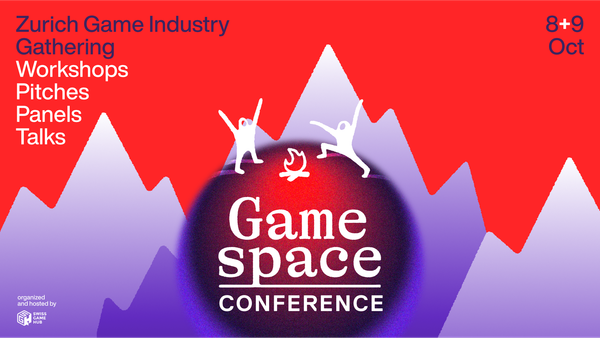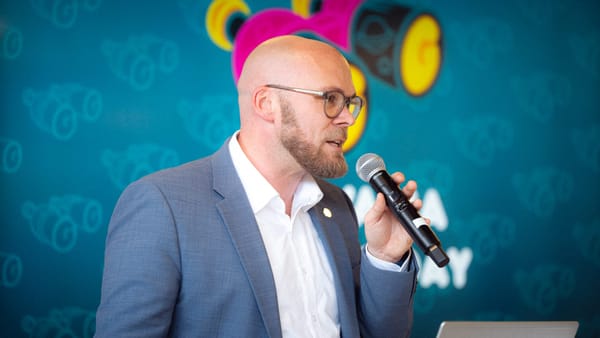Update: Programs, Results, Consequences for Games Policy in Germany


With the release of draft election programs from the Green Party and the CDU/CSU, the SPD and FDP have now also presented their program drafts. However, not all of them address games and esports explicitly.
The cards for games and esports policy will be reshuffled with the Bundestag election in February. While goals for games and esports do not necessarily have to appear in party manifestos to make their way into a coalition agreement after the election, a mention certainly increases the likelihood. This makes it all the more notable that the draft manifestos presented by the CDU/CSU and the Greens on Tuesday both include references to games and games funding.
The SPD's draft election program, referred to as the "government program," also dedicates a paragraph to games and confirms the party’s commitment to their funding. The situation is different for the FDP. While the FDP has previously positioned itself as a supporter of tax credits for games, these are not mentioned in its draft program. Instead, the party advocates for placing games, along with design and comics, on equal footing with other cultural media, though no specific support measures are outlined.
While some parties have yet to release their election programs or corresponding drafts, the programs of the Greens, the FDP, and the SPD remain in draft form and still require formal adoption. Party committees could make changes, though these are likely to be minor or symbolic.
Below is a summary of what each party’s election program says about games and esports.
Under the section "Strengthening the Creative Industries," the CDU/CSU states: "We place particular emphasis on supporting the music industry and promoting cinema, film, and games." Although the manifesto does not specify concrete measures, leading politicians from both the CDU and CSU have repeatedly expressed support for the swift introduction of tax-based funding for games in the past.
The CDU and CSU programs also include good news for esports: "Promote a broad esports landscape. Esports are so well established in Germany that we are now recognizing their charitable status."While this sounds promising, the recognition of esports as a charitable activity has appeared in previous coalition agreements without ultimately being implemented. However, the door for recognition appears to remain open.
The Greens provide a specific commitment to games funding in their draft program: "We will also strengthen Germany as a games location with tax incentives for games." Top candidate Robert Habeck has demonstrated consistent support for such measures. At his first appearance at gamescom, he promised to seriously consider tax-based incentives and later advocated for them at the opening of gamescom 2024.
Regarding esports, the Greens continue to support the industry, stating: "We want esports to receive more attention and recognition." However, the Greens alone cannot determine policy outcomes. Despite being included in the last coalition agreement, esports recognition failed due to resistance from the finance and family ministries, which were led by the FDP and SPD, respectively.
The SPD clearly supports games funding, writing in its manifesto: "We want to specifically promote games as a non-profit cultural asset and driver of innovation. They combine culture, technology, and business and contribute to creative diversity." This statement indicates that an SPD-led government would likely continue to support games funding. However, the manifesto does not explicitly mention tax credits, leaving their implementation uncertain.
Esports, on the other hand, are conspicuously absent from the SPD program. While sports are given significant attention, with four paragraphs emphasizing sports diversity and even proposing sports as a national goal, esports do not receive a single mention. This omission does not necessarily mean the SPD has abandoned the issue, but it does suggest that it is not a priority.
The FDP, a party that champions market-oriented policies, references both games and esports in its program but avoids positioning itself as a proponent of state funding. Instead, the party makes general statements about cultural inclusion. Regarding games, the manifesto states: "Pop culture is more than entertainment. The creative potential of pop culture is mainstream and innovation in one. That is why we advocate a contemporary concept of culture that includes design, comics, and games, among other things."
For esports, the FDP reiterates its commitment to granting charitable status: “We are also committed to ensuring that esports are recognized as non-profit,” the program states in the sports section. However, no additional measures are proposed.
Never miss anything from the German, Swiss and Austrian games industry again: subscribe for free to our Daily newsletter and get all news straight to your inbox.
